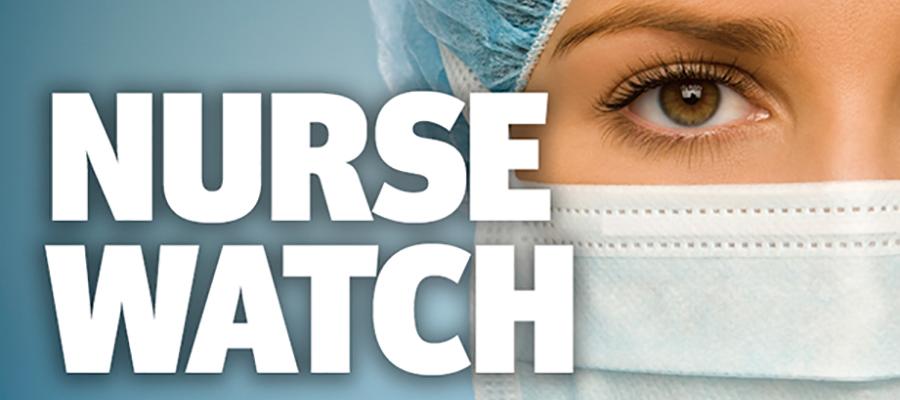Nurse Saves Girl with No Pulse; Nurse Leaders Run with Emotional Intelligence Training

Nurse Watch is compiled in conjunction with the AHA’s American Organization of Nurse Executives (AONE) and highlights articles of interest to nurse leaders, nursing professionals and other health care leaders. For more about AONE, visit aone.org.
Atlanta Nurse Saves Girl from Near Drowning
An Atlanta nurse saved a girl who had nearly drowned in a local pool, WSBTV reports. The nurse, who goes by “Megan,” saw a man carrying his 8-year-old daughter’s limp body out of the pool. Megan rushed over and immediately began administering CPR to the girl, who had no pulse. After three rounds of CPR, the girl gasped for air. She was taken to Egleston Children's Hospital, where she made a full recovery.
Study: Nurse Manager Coaching Beneficial
A hospital’s internal coach can work with nurse leaders to develop their emotional intelligence, which in turn raises quality scores, HealthLeaders reports. The publication profiles the work of AONE member Phyllis Quinlan, who coached nurse leaders at Cohen Children’s Medical Center in New Hyde Park, NY, on developing this soft skill as they struggled with a short-staffed unit.
“The coach’s role is to create [an] accepting environment where there is no judgment, there is just insight by trying to shed some light on individual blind spots,” Quinlan told the publication. AONE has more.
Nurse Notes Helpful in Determining ICU Patient Outcomes
Using nursing notes from the initial 24 hours of a patient's intensive care unit stay can help predict the patients’ survival, Healthcare Informatics reports, citing a study in the scientific journal PLoS One. According to the study, researchers at the University of Waterloo in Ontario used a large ICU database to examine the details of more than 27,000 patient charts, which included nursing notes. The severity-of-illness scores typically used to predict 30-day survival of ICU patients usually include lab results, vital signs, and physiological and demographic characteristics. Researchers found that nurses’ initial observations were predictive of 30-day mortality.

